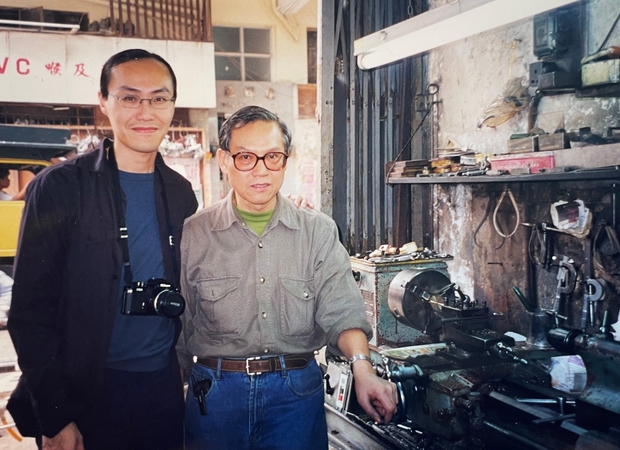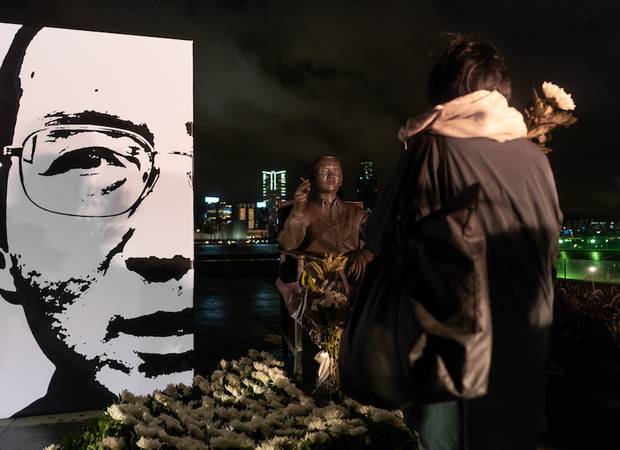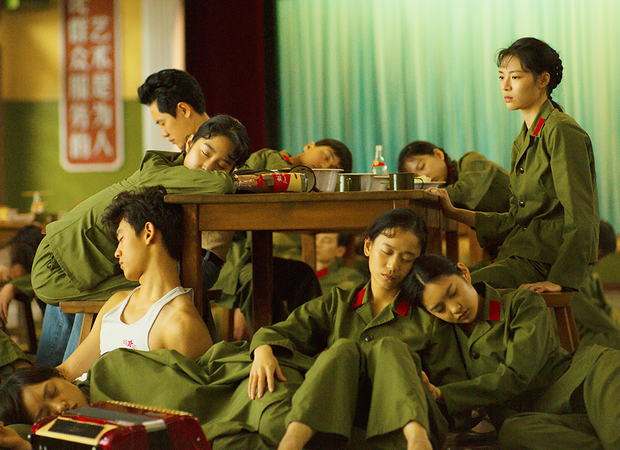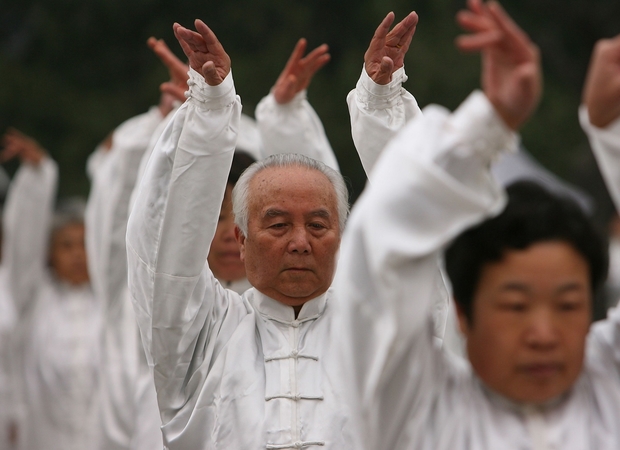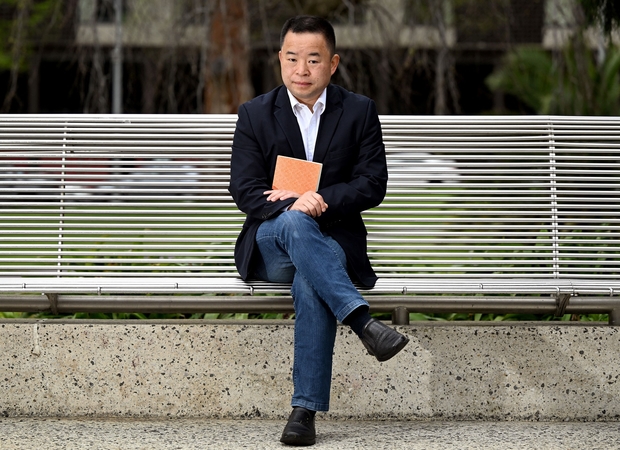
‘What Kind of Wish Is This?’
The writer Hao Qun, who publishes under the pen name Murong Xuecun, has spent the past two decades exploring Chinese society through his literature. After studying at Beijing’s prestigious China University of Politics and Law, he worked in the...
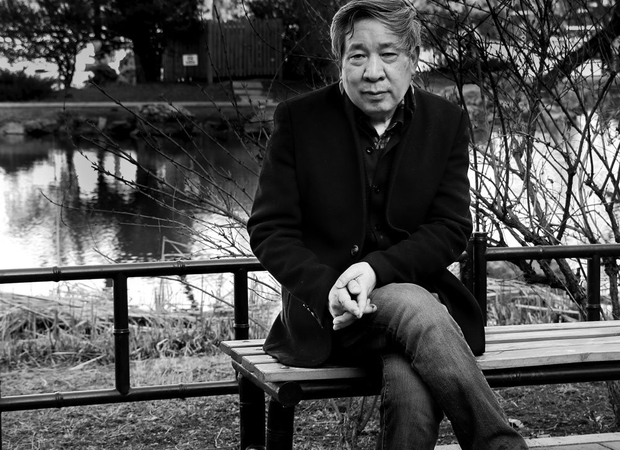
Forbidden Writer
from Mekong ReviewFrom his humble beginnings as a propaganda writer, Yan Lianke has gone on to become among China’s most controversial writers—one whose work is frequently censored for its focus on the lives of those devastated by Beijing’s policies. “When people...
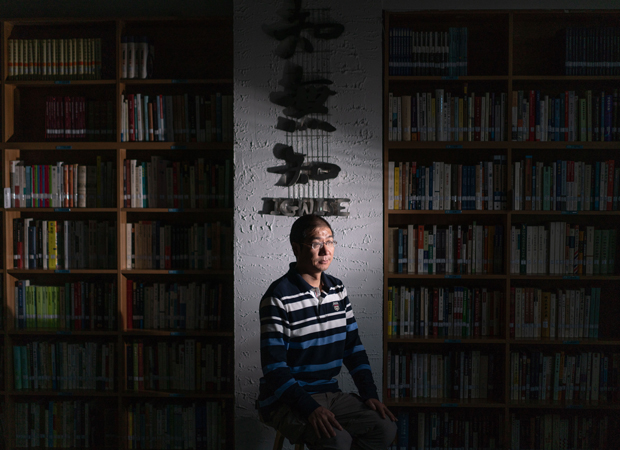
China: A Small Bit of Shelter
from New York Review of BooksAt night, a spotlight illuminates four huge characters on the front of the Great Temple of Promoting Goodness in Xi’an, the capital of Shaanxi province in northwestern China: mi zang zong feng, “The Esoteric Repository of the Faith’s Traditions...
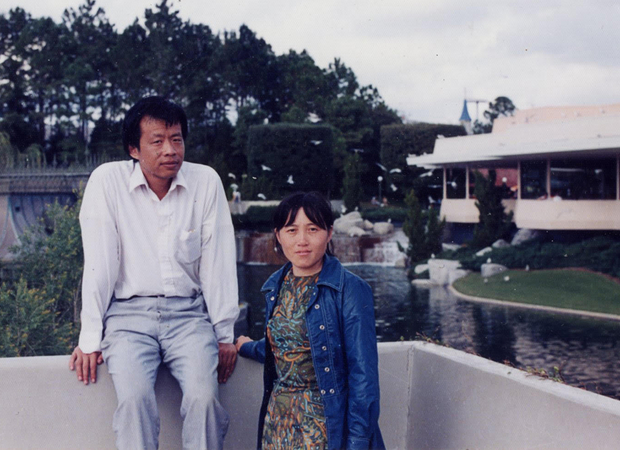
Sexual Life in Modern China
from New York Review of BooksThroughout the late 1970s and 1980s, Chinese writers grappled with the traumas of the Mao period, seeking to make sense of their suffering. As in the imperial era, most had been servants of the state, loyalists who might criticize...
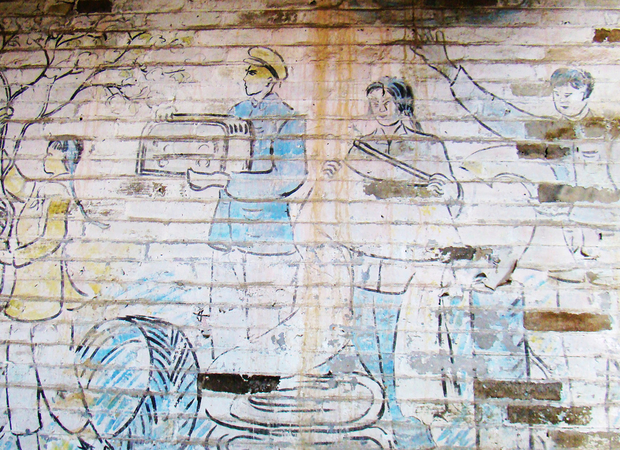
Novels from China’s Moral Abyss
from New York Review of BooksModern China was built on the nearly thirty ruthless years of Mao’s rule. The country’s elite—the “literati” of educated small landowners who held the empire together at the local level—was brutally eliminated. Almost everyone’s...
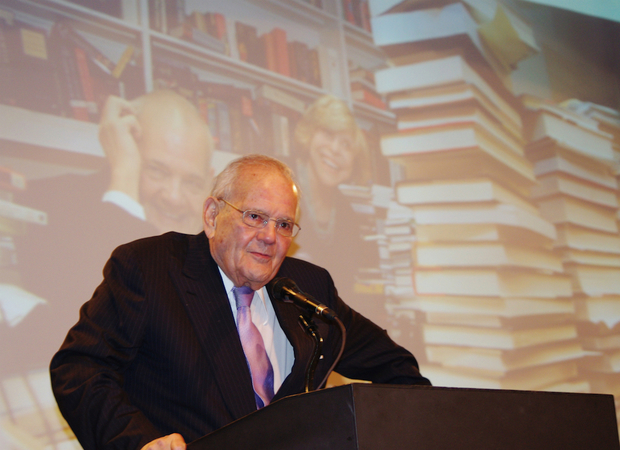
China Writers Remember Robert Silvers
Robert Silvers died on Monday, March 20, after serving as The New York Review of Books Editor since 1963. Over almost six decades, Silvers cultivated one of the most interesting, reflective, and lustrous stables of China writers in the world,...
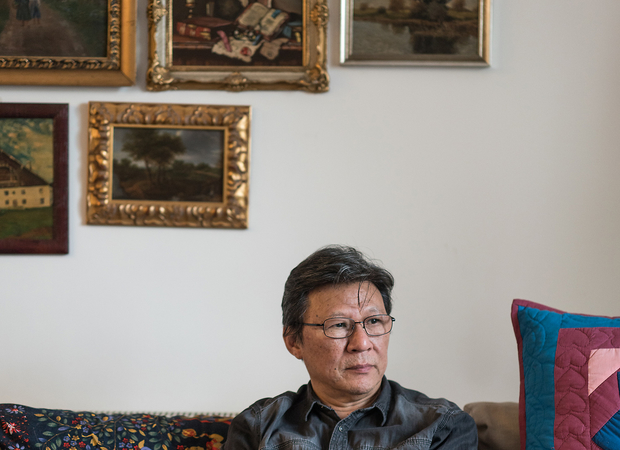
Inside and Outside the System: Chinese Writer Hu Fayun
from New York Review of BooksOver the summer, I traveled to Wuhan to continue my series of talks with people about the challenges facing China. Coming here was part of an effort...

The Age of Irreverence
The Age of Irreverence tells the story of why China’s entry into the modern age was not just traumatic, but uproarious. As the Qing dynasty slumped toward extinction, prominent writers compiled jokes into collections they called “histories of laughter.” In the first years of the Republic, novelists, essayists, and illustrators alike used humorous allegories to make veiled critiques of the new government. But, again and again, political and cultural discussion erupted into invective, as critics gleefully jeered and derided rivals in public.
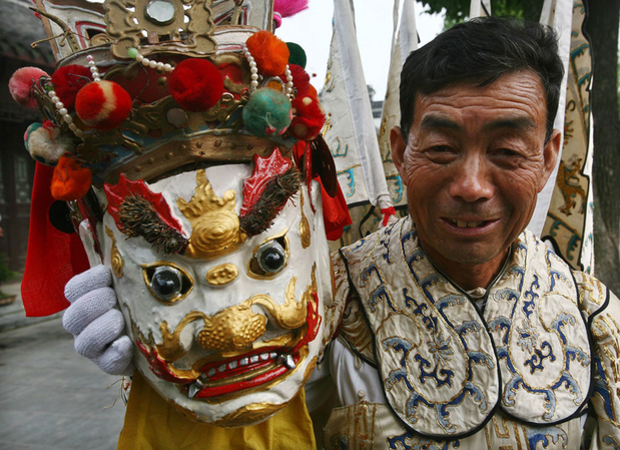
While We’re Here: China Stories from a Writers’ Colony
from Sinica PodcastWhen Ernest Hemingway somewhat presciently referred to Paris as a movable feast (“wherever you go for the rest of your life, it stays with you”) he captured the concerns of the long-term expat rather concisely. So why does everyone like to...
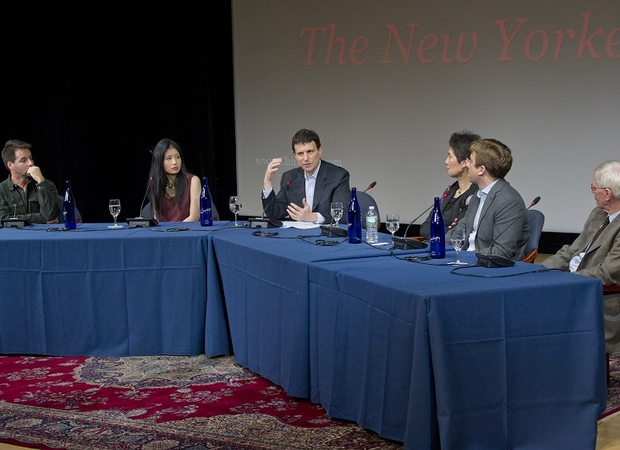
‘New Yorker’ Writers Reflect on ‘Extreme’ Reporting About China
from Asia Blog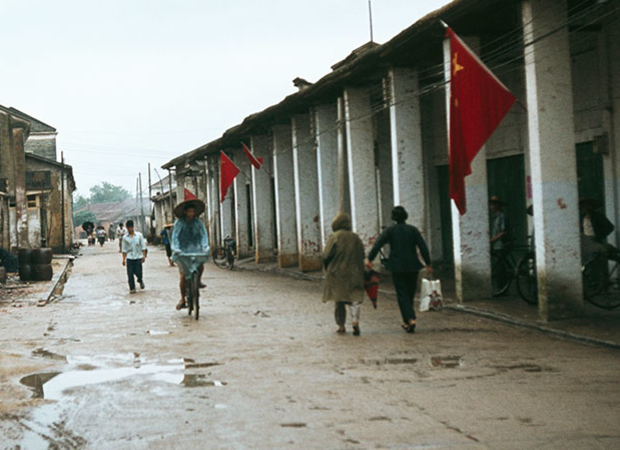
China: Novelists Against the State
from New York Review of BooksCan writers help an injured society to heal? Did Ōe Kenzaburō, who traveled to Hiroshima in 1963 to interview survivors of the dropping of the atomic bomb on that city eighteen years earlier, and then published a moving book...

Why I Publish in China
A couple of weeks ago, I received a request from a New York Times reporter to talk about publishing in China. The topic has been in the news lately, with the BookExpo in New York...
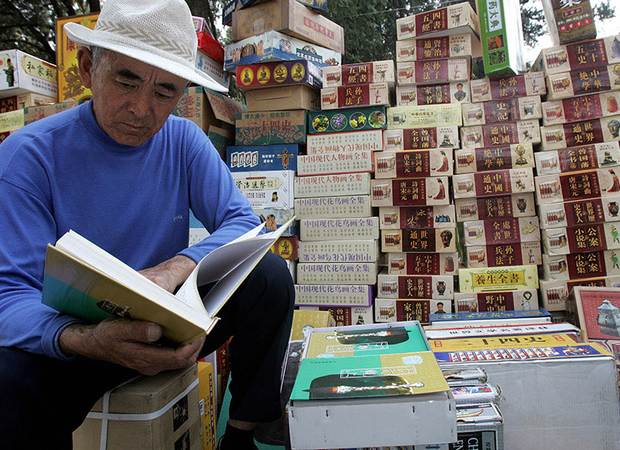
Chinese Censorship of Western Books Is Now Normal. Where’s the Outrage?
In September 2014, I was commissioned by the New York-based free speech advocacy group PEN American Center to investigate how Western authors were navigating the multibillion-dollar Chinese publishing world and its massive, but opaque, censorship...
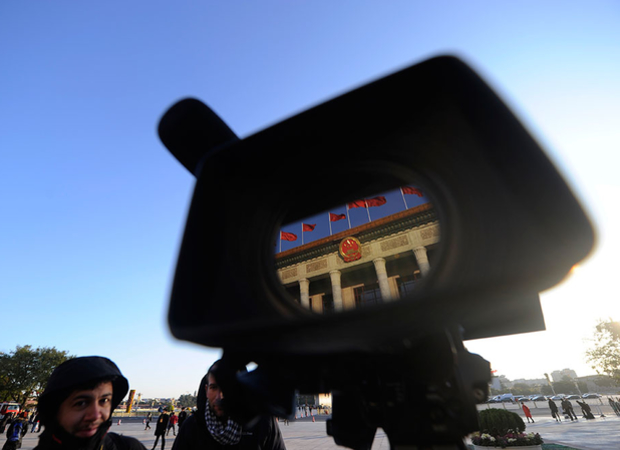
Writers: Heroes in China?
from Sinica PodcastIf you happen to live in the anglophone world and aren’t closely tied to China by blood or professional ties, chances are that what you believe to be true about this country is heavily influenced by the opinions of perhaps one hundred other...
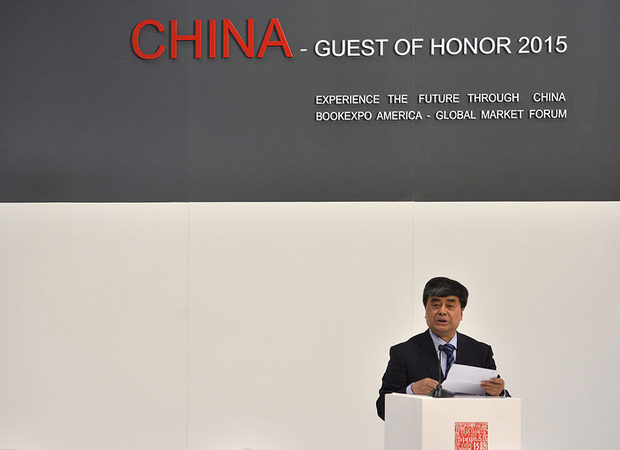
Top Chinese Authors Show Up at Book Expo, but Where Are the Readers?
Last week, 20,000 publishers convened in New York’s Javits Center for BookExpo America (BEA), the...
Censorship and Conscience
In this report, PEN American Center (PEN) examines how foreign authors in particular are navigating the heavily censored Chinese book industry. China is one of the largest book publishing markets in the world, with total revenue projected to...

An American Hero in China
from New York Review of BooksOne night in September, three hundred people crowded into the basement auditorium of an office tower in Beijing to hear a discussion between two of China’s most popular writers. One was Liu Yu, a thirty-eight-year-old political...
China Detains Writer Tie Liu for ‘Provoking Trouble’
Chinese writer Huang Zerong, also known as Tie Liu, has been detained by police allegedly for writing articles critical of a senior official.
Publisher of Book Critical of China’s Leader Is Arrested
Yiu Mantin, a retired engineer from Hong Kong, had plans to distribute a withering denunciation of Xi Jinping.
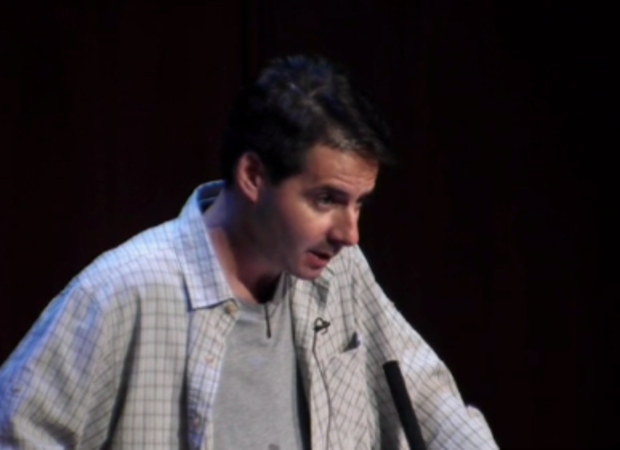
On “Strange Stones,” a Discussion with Peter Hessler
On May 21st at the Asia Society in New York City, Peter Hessler, author of the recently published Strange Stones: Dispatches from East and...
‘I’m Not Interested in Them; I Wish They Weren’t Interested in Me’
from New York Review of BooksAmid the recent crackdown on dissidents by the Chinese government, the case of Liao Yiwu, the well-known poet and chronicler of contemporary China, is particularly interesting. For years, Liao’s work, which draws on extensive interviews with...
Writers in a Cold Wind
from New York Review of BooksEarly in 1979 the Chinese officials in charge of culture declared that the Maoist ban on nineteen traditional classics and sixteen foreign works, including Anna Karenina, was lifted. On the day the books became available at a Beijing...





